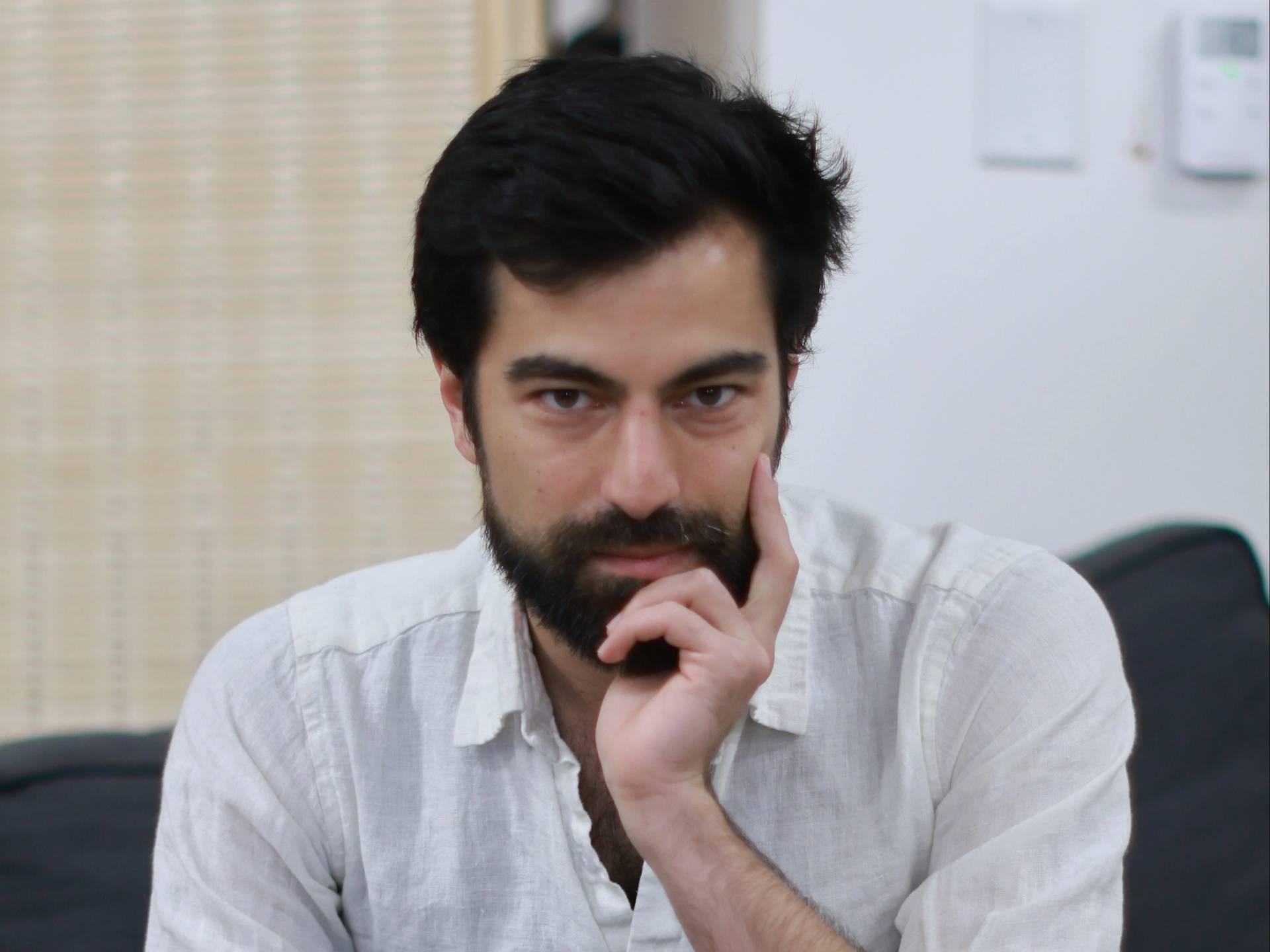위키 구독하기
Share wiki
Bookmark
Julian Michael
0%
Julian Michael
줄리안 마이클은 인공지능 분야의 미국 연구원으로, AI 안전, 평가 및 정렬을 전문으로 합니다. 현재 Meta의 연구원으로, 회사의 초지능 부서에서 AI 정렬 작업을 하고 있습니다. [1] [2]
교육
줄리안 마이클은 2011년부터 2015년까지 텍사스 대학교 오스틴에서 컴퓨터 과학 학사 학위를 받았습니다. 그 후 워싱턴 대학교 컴퓨터 과학 & 공학부에서 대학원 과정을 밟아 2022년에 박사 학위를 받았습니다. 그의 박사 학위 논문은 "언어 이해의 데이터 기반 이론을 위한 구성 요소"였으며, 지도 교수는 루크 제틀모이어였습니다. 박사 학위 취득 후 마이클은 2022년부터 2024년까지 뉴욕 대학교 데이터 과학 센터에서 사무엘 R. 보먼의 지도하에 박사후 연구원으로 근무했습니다. [3] [4]
경력
마이클의 경력은 학술 연구와 기술 산업 모두에 걸쳐 있습니다. 뉴욕 대학교에서 박사후 연구원 과정을 마친 후 Scale AI에 합류하여 안전, 평가 및 정렬 연구소(SEAL)를 이끌었습니다. 연구소의 임무는 AI 시스템의 행동을 보호하고 인간의 주체성을 증폭시키는 데 중점을 둔 연구를 수행하는 것이었습니다.
2025년 중반, 마이클은 Scale AI를 떠나 Meta에 합류한다고 발표했습니다. 이 움직임은 Meta가 Scale AI에 상당한 투자를 한 후 Scale AI의 공동 창립자이자 CEO인 알렉산드르 왕이 Meta의 새로운 초지능 부서를 이끌기 위해 떠나는 더 큰 전환의 일부였습니다. 마이클은 연구 책임자 서머 위에와 같은 Scale AI의 다른 핵심 인재들과 함께 왕의 새로운 Meta 팀에 합류하여 AI 안전 및 정렬 작업을 계속했습니다.
마이클의 연구는 주로 AI 정렬, 자연어의 형식적 의미론, 지능형 시스템을 이해하는 데 사용되는 경험적 방법에 중점을 둡니다. 그의 연구는 종종 AI 모델을 평가하고 훈련하기 위한 새로운 데이터 세트, 벤치마크 및 방법론을 만드는 것을 포함합니다.
마이클의 작업에서 중요한 초점은 AI 정렬, 특히 확장 가능한 감독입니다. 이는 인간보다 더 능력이 뛰어난 AI 시스템을 감독하는 방법을 의미합니다. 그는 AI를 훈련하고 평가하는 패러다임으로 토론의 사용을 탐구했습니다. 목표는 두 AI 시스템이 주제에 대해 토론하고 인간 심판이 문제를 직접 해결하는 것보다 토론을 관찰하여 정답을 더 쉽게 결정할 수 있는 프로세스를 만드는 것입니다. 이 접근 방식은 AI 시스템이 단순히 설득력 있는 주장을 생성하는 대신 사용자가 진실을 찾는 데 도움이 되도록 하는 것을 목표로 합니다. 이 분야에서 그의 작업에는 토론을 진실 추구 프로세스로 검증하기 위한 인간 실험이 포함됩니다.
이 영역에서 그의 작업은 또한 모델이 훈련 중에 정렬된 것처럼 보이지만 배포 후에는 다르게 행동할 수 있는 기만적인 정렬과 같은 문제를 다룹니다. 그는 또한 대규모 언어 모델에서 "탈옥"을 완화하고 모델이 보상 해킹의 인스턴스를 식별하고 구두로 표현하도록 가르치는 방법에 대한 연구에 기여했습니다.
자연어 처리(NLP) 분야에서 마이클은 기계 학습 및 데이터 기반 접근 방식을 사용하여 언어, 특히 구문 및 의미론에 대한 과학적 이해를 발전시키는 데 집중했습니다. 그의 박사 학위 논문은 언어의 "확장 가능하고 데이터 기반 이론"에 대한 패러다임을 제시했으며, 이는 언어 이론을 구축하고 테스트하기 위해 경험적 방법을 사용할 것을 주장합니다. 이 작업을 요약한 논문은 The Big Picture Workshop에서 최우수 논문상을 수상했습니다.
이 접근 방식의 토대를 구축하기 위해 그는 복잡한 언어 주석을 크라우드 소싱하는 새로운 방법을 개발했습니다. 핵심 기여는 질문-답변 쌍을 통해 문장의 술어-논항 구조를 나타내는 프레임워크인 QA-SRL(Question-Answer Semantic Role Labeling)에 대한 그의 작업입니다. 이 방법을 사용하면 비전문가가 자세한 의미론적 주석을 더 쉽게 제공할 수 있으므로 대규모 데이터 세트를 만들 수 있습니다. 그의 연구는 또한 구문 분석기에 의존하지 않고 텍스트에서 의미론적 역할을 유도하는 것을 탐구했습니다.
마이클은 AI 모델 평가에 상당한 기여를 했습니다. 그는 GLUE(General Language Understanding Evaluation) 벤치마크에 대한 진단 세트 생성에 참여했으며, 이는 다양한 언어 현상에 대한 모델 성능에 대한 세분화된 분석을 제공합니다.
최근에는 "대학원 수준의 Google 증명 Q&A 벤치마크"인 GPQA를 개발한 팀의 일원이었습니다. 이 벤치마크는 도메인 전문가가 작성한 생물학, 물리학 및 화학 분야의 어려운 객관식 질문으로 구성됩니다. 질문은 고급 AI 모델조차도 표준 검색 엔진 쿼리를 사용하여 올바르게 답변하기 어렵도록 설계되어 추론 능력을 보다 엄격하게 테스트합니다. 그는 또한 모델이 모호한 질문에 대해 여러 가지 그럴듯한 답변을 생성하도록 요구하는 AmbigQA 벤치마크에서 볼 수 있듯이 작업 설계에 모호성을 명시적으로 통합하는 작업을 수행했습니다. [13] [14] [1] [2] [3] [4] [5] [6] [7] [8] [9] [10] [11] [12] [13] [14] [16]
기타 저술 및 논평
마이클은 공식 출판물 외에도 AI 및 과학과 관련된 다양한 주제에 대한 에세이와 블로그 게시물을 작성했습니다. 여기에는 변혁적 AI 타임라인 예측에 대한 OpenPhil "생물학적 앵커" 보고서에 대한 자세한 검토, 언어 모델을 둘러싼 형식 대 의미 논쟁 분석, 명령문 의미론 및 우주론의 인플레이션 이론이 과학으로 간주되는지 여부에 대한 철학적 에세이가 포함됩니다. [15]
잘못된 내용이 있나요?
